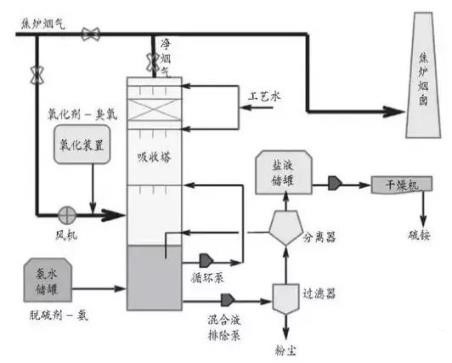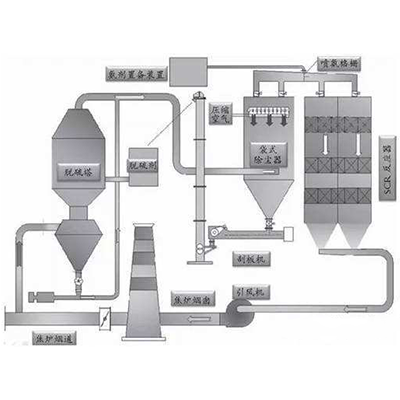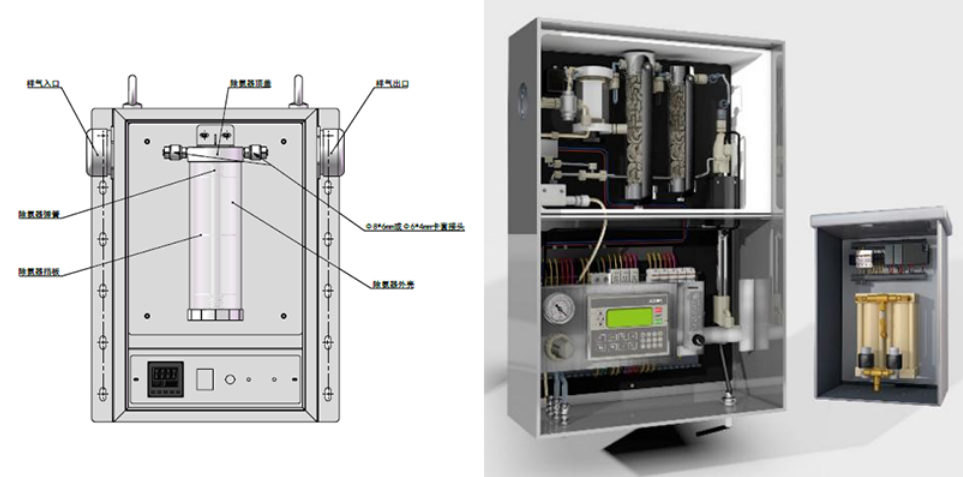
1. SO₂ in exhaust is mainly produced in coke oven, and SO₂ concentration is around 0-30mg/m³;
2. Leak ammonia concentration in exhaust is less than 50mg/m³;
3. Water content in exhaust is relatively high, around 5-15%.


1.In the coking process, in order to reducing NOx emission to meet local emission standards, there are different denitration processes. Denitration by oxidation method will cause incomplete absorption of NO₂ and excessive emission of NO₂; the other is denitration by aqueous ammonia, in this case, over-dosed ammonia is leaked. Although some of the subsequent desulfurization processes can absorb ammonia, but partial ammonia will leak and enter into atmosphere;
2.Condensed water, leaked ammonia and SO₂ will react together to ammonia salt, which will absorb SO₂ in flue gas, and lead to lower SO₂ reading or 0 SO₂ reading.
1.CEMS T90 response time is far more than 200s for SO₂ whole CEMS calibration, which can’t meet the requirements of 6.2.1.2 in the national standard HJ76-2017;
2.CEMS indication error is far more than ±2.5% for SO₂ whole CEMS calibration, which can’t meet the requirements of 6.2.1.3 in the national standard HJ76-2017;
3.There are condensed water and ammonia salt deposit in the pipeline of CEMS, which block the pipeline and lead to frequent maintenance of the system.
Recommend PreGASS-2300 ammonia scrubber and PreGASS-9500 precondition systems to handle ammonia salt and condensed water problems, retain target acid gases, in order to guarantee precision of monitoring system, and keep CEMS operated in a long-term, stable and reliable way, and realize the real reaction of procedure actual operation.

PreGASS-2500 ammonia scrubber system PreGASS-9500 preconditiioning system
1.AlwaysBrong provides professional on-site survey service to fully understand the actual operation and problems of on-site CEMS;
2.Evaluate based on specific conditions and problems onsite, and put forward professional tailor-made solutions;
3.Complete on-site installation and commissioning, ensure the correct implementation of the solution and achieve the corresponding performance;
4.Continuously track the operation of the system to ensure that the problems have been solved and meet the expectations of the solution.